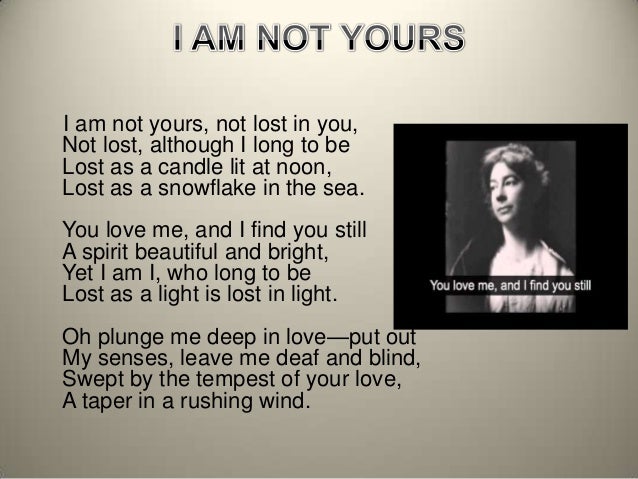

And, yes, her name looks familiar: a feminised slant on the creator of Pinocchio in Carlo Collodi’s 19th-century novel. The stories at the end of the book, especially “Homely Wench” and “If a Book is Locked,” made up (a bit) for the unkept promises of the first stories.Gepetta walks into a classroom in “is your blood as red as this? (yes)”, a story at the heart of Helen Oyeyemi’s first collection of tales.

I am a mite disappointed in this collection.

Most of the time, however, I was frustrated that this didn’t happen. Because the jacket copy told me the stories were linked, I spend a lot of time waiting for characters to come back and finally reveal their secrets. I wasn’t sure what I was supposed to be paying attention to. There are elements of some of the other stories that I enjoyed, but I got lost in “Books and Roses” and “Is Your Blood as Red as This?” because the focus kept shifting from one character to another. I liked the feminist commentary in “A Brief History of the Homely Wench Society” and “If a Book is Locked There’s Probably a Good Reason for That Don’t You Think.” In both of these stories, women take the cruel things that have been said to and about them and turn them into power. I did enjoy some of the stories in this collection. As I read the stories, I felt a recurring fear that I wasn’t smart enough to pick up on the deeper links between the stories that I suspected were there. Tonally, some stories are vaguely fairy-tale like. That said, her short story collection What is Not Yours is Not Yours is…not my favorite.While the stories are linked and characters reappear here and there, the collection lacked coherence for me. She has a gift for turning stories inside out so that you can see their guts and ponder how they work, while also dropping bits of truth here and there. I’ve been a fan of Helen Oyeyemi since I discovered Mr.


 0 kommentar(er)
0 kommentar(er)
